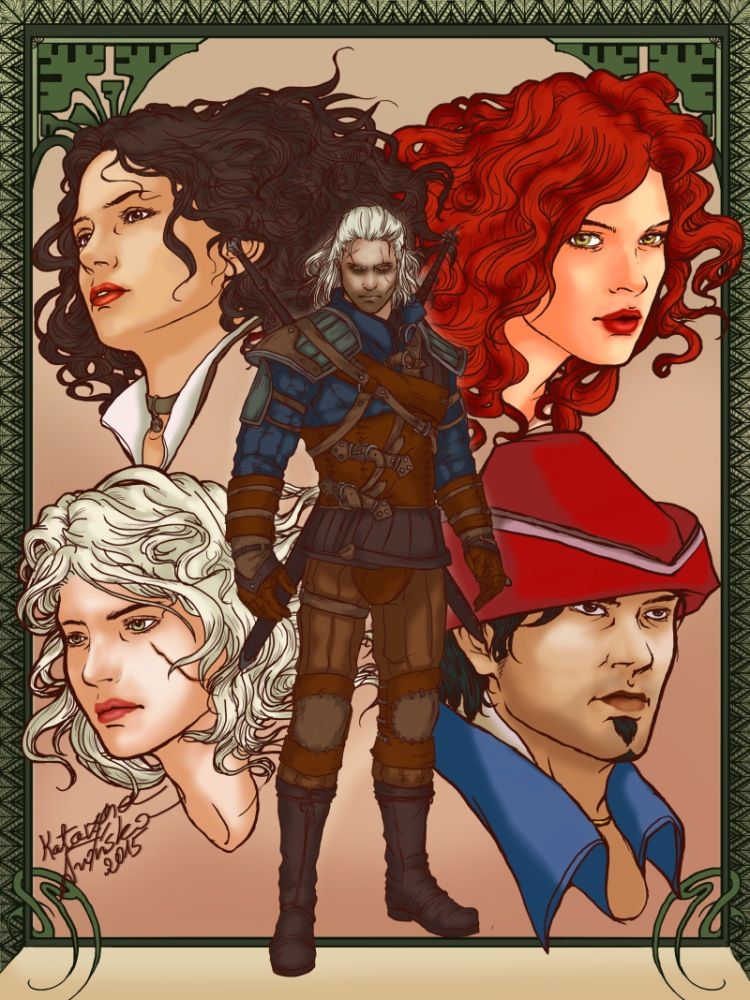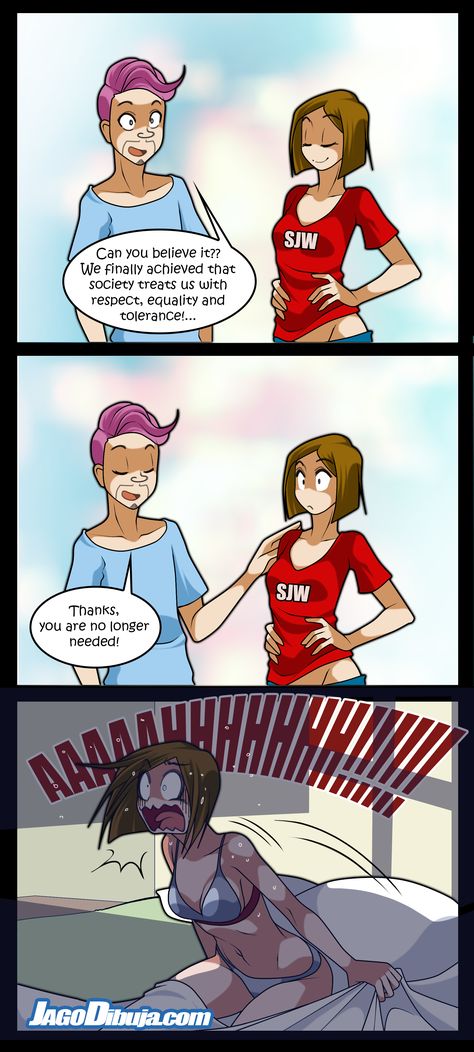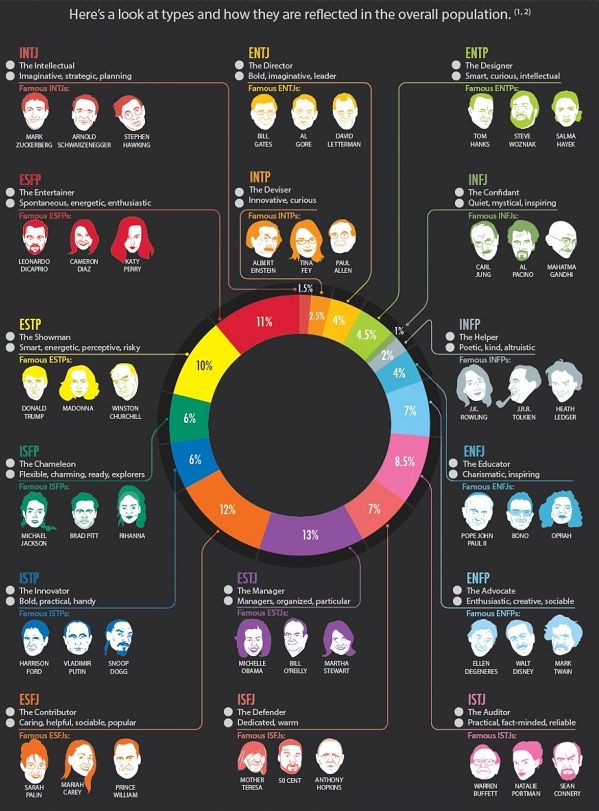The witcher personality types
The Myers-Briggs® Personality Types of The Witcher Characters
Ever wondered which Witcher character has your personality type? Wonder no more! My husband and I just finished streaming the second season of this suspenseful, adventurous show and I set right to work analyzing the characters from a type perspective. Of course, I can’t actually sit across from Geralt of Rivia and give him a thorough type consultation so these are just my opinions based on my training and knowledge of personality type and what I can observe throughout the series. Keep in mind, I’m typing these characters based on how they appear in the Netflix series, not how they appear in the game. I know their representations can be different depending on which medium you’re using to view them.
So without further ado, let’s get started!
Not sure what your personality type is? Take our new personality questionnaire here. Or you can take the official MBTI® here.
Table of contents
- The Myers-Briggs® Personality Types of The Witcher Characters
- Princess Cirilla – ISFP
- Queen Calanthe – ESTJ
- Mousesack – ENTP
- Dara – ISFP
- Fringilla Vigo – INTJ
- Istredd – INFJ
- Yennefer of Vengerberg – ENTJ
- Tissaia de Vries – ISTJ
- Sigismund Dijkstra – ENTJ
- Triss Merigold – ENFJ
- Nivellen – ESFP
- Jaskier “The Bard” – ENFP
- Geralt of Rivia “The Witcher” – ISTP
- Nenneke – ENFJ
- Vesemir – ESTP
- What Do You Think?
- Want to Master the Art of People-Reading & Harness Your Personality Powers?
- Want to Book a One-on-One Type Consultation with Me?
Estimated reading time: 13 minutes
The Myers-Briggs® Personality Types of The Witcher CharactersPrincess Cirilla – ISFPPassionate and determined, Cirilla (or Ciri) is driven to find her purpose and to live according to her conscience. She has the impulsivity and quickness of the Sensing-Perceiving types, while having the personal drive to find herself that is common with Feeling-dominant personality types. When it comes to fighting, she’s determined to prove herself competent and hates feeling left behind or incapable of defending herself. She’s willing to take risks (like potentially becoming a Witcher) without necessarily thinking through all the practical long-term ramifications of doing so. More than anything else, she wants to feel like her life has some purpose for good and she wants to clear her conscience of guilt over circumstances she couldn’t control.
Read This Next: 24 Signs That You’re an ISFP, the Virtuoso Personality Type
Queen Calanthe – ESTJCommanding and forceful, Queen Calanthe knows how to get a job done and lead with power and decisiveness. It’s a lot of work to rule over a kingdom, but she knows how to make tough decisions without getting wrapped up in everyone’s feelings and emotional concerns.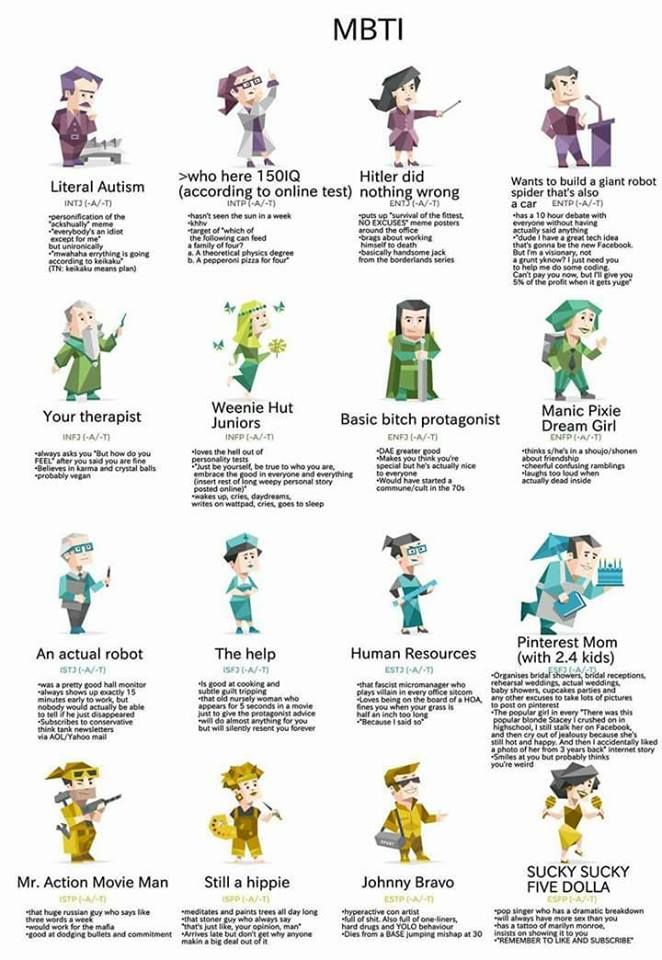 That said, she demonstrates some qualities of an unhealthy ESTJ, and often belittles and diminishes the personal values and needs of a wide variety of people in order to further her personal agenda.
That said, she demonstrates some qualities of an unhealthy ESTJ, and often belittles and diminishes the personal values and needs of a wide variety of people in order to further her personal agenda.
We don’t get a very detailed picture of who Mousesack is in the Witcher series. But we learn enough to hypothesize about his type, and hopefully we’re on the right path. He seems to be gregarious, humorous, yet also capable of deep, analytical thought. He sees patterns easily, including the pattern of destiny working beneath the surface in Geralt’s life. Rather than having to have a pre-determined plan for every single thing, he’s highly capable of adapting in the moment and bending the rules to make things work. All this together makes me think ENTP is the best fit for his character.
Dara – ISFPObservant and careful, Dara does what he can to protect Ciri as well as the Elven people. We don’t get to explore his personality very much in The Witcher series unfortunately, but from what we can see, ISFP seems like the best guess.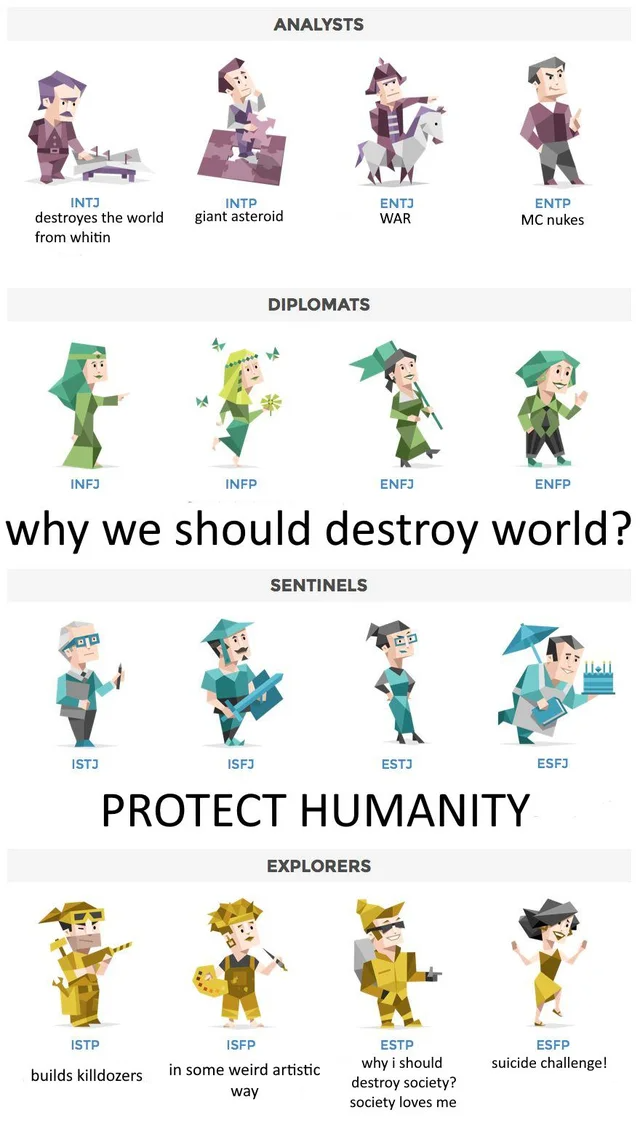 He is quiet and observes and thinks more than he speaks. He strives to align himself with his values and feelings, and is more interested in taking a personal approach to things than a purely logical one. And unlike a Judging type, he manages unpredictability well and can adapt and change based on the needs and feelings of the moment quite quickly.
He is quiet and observes and thinks more than he speaks. He strives to align himself with his values and feelings, and is more interested in taking a personal approach to things than a purely logical one. And unlike a Judging type, he manages unpredictability well and can adapt and change based on the needs and feelings of the moment quite quickly.
Calculating and strategic, Fringilla knows how to forward her schemes without drawing a lot of attention to herself. While she may seem cold and fanatical in season 1, we see her warmer, more conscientious side in season 2. Like most INTJs, Fringilla has a softer heart than many people realize and she can feel empathy even when it goes against the “rules” of what society has told her. Yet beneath her calm exterior, she’s always analyzing, strategizing, and carefully weighing her options in order to make a choice that will be in her best interests.
Read This Next: The Underrated Kindness of the INTJ Personality Type
Istredd – INFJKind and studious, Istredd was one of the most well-respected sorcerers in the city of Aedd Gynvael.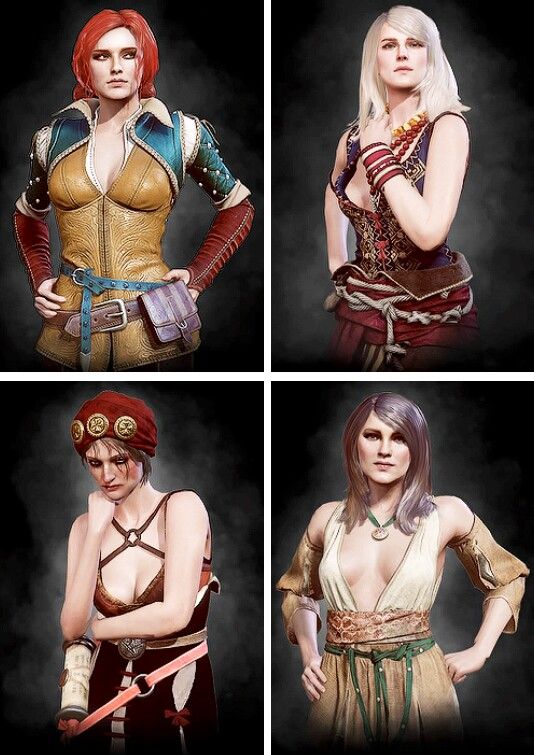 He was known for being idealistic and romantic, with a sense of honor and loyalty that many admired. At the same time, he was deeply insightful into patterns and could often read where someone was coming from emotionally. His insight, thoroughness, and natural sense of curiosity led him down many paths of discovery and led to him becoming one of the greatest historians of his age.
He was known for being idealistic and romantic, with a sense of honor and loyalty that many admired. At the same time, he was deeply insightful into patterns and could often read where someone was coming from emotionally. His insight, thoroughness, and natural sense of curiosity led him down many paths of discovery and led to him becoming one of the greatest historians of his age.
Read This Next: Why INFJs Feel “Weird”
Yennefer of Vengerberg – ENTJBold and calculating, Yennefer goes after what she wants and is willing to stop at nothing to attain her goals. Like many ENTJs, beneath her commanding exterior is someone softer and more sensitive than many realize. Yet because of her abusive childhood and distrust of people she’s developed a tough outer shell and is hesitant to ever appear vulnerable. Whatever setback befalls her, she can quickly develop a strategy to deal with it. However, her self-serving ways can cause her to make enemies of even the people she deeply cares about.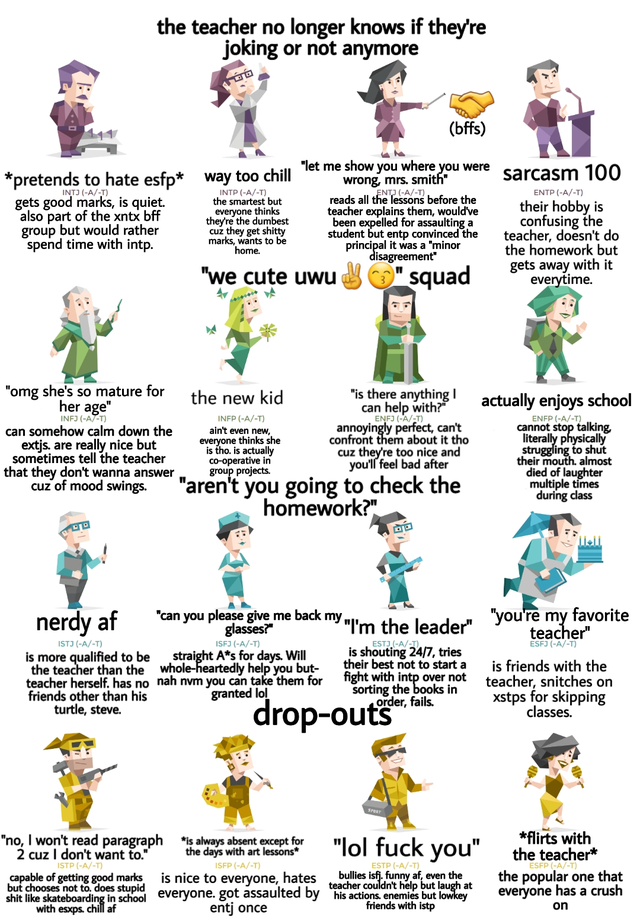
Decisive and organized, Tissaia has a controlled but protective demeanor. Regardless of how she feels on the inside, she strives to present a detached and authoritative face to the world. Like many ISTJs, she may seem tough and reserved, but inside she often harbors deep and nurturing feelings for others –even the notoriously hotheaded Yennefer.
Sigismund Dijkstra – ENTJAs the head of Redanian Intelligence, Dijkstra is known for his exceptional cleverness and strategic prowess. Like most ENTJs, he sees beyond the present and can evolve with changing situations to refine his strategy and meet his agendas. Dijkstra portrays some unhealthy ENTJ characteristics; using people as tools rather than valuing them as individuals. His ambition and razor-sharp intellect make him a formidable master of spies.
Triss Merigold – ENFJAs a powerful sorceress, Triss Merigold craves perfection and meaning in everything she does.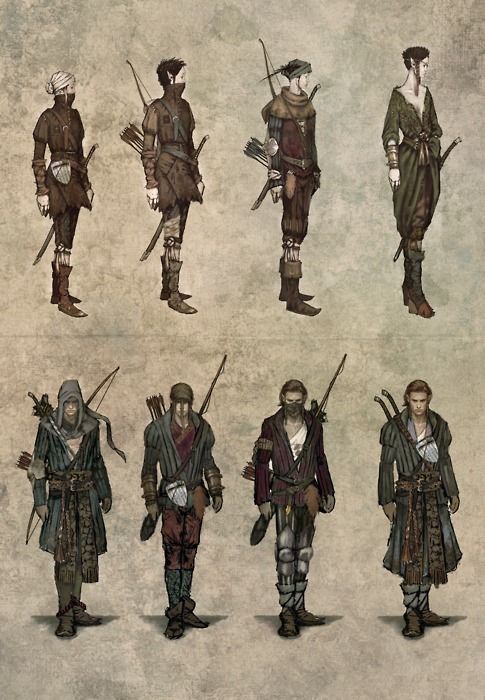 Often sweet and gentle, she believes in guiding people towards their potential and protecting her loved ones. She seems to connect easily and empathically with others, a quality many ENFJs share. As an intuitive, she easily grasps patterns, and even says that there is a “vortex of fate” around each of them, drawing their destiny closer with each decision they make.
Often sweet and gentle, she believes in guiding people towards their potential and protecting her loved ones. She seems to connect easily and empathically with others, a quality many ENFJs share. As an intuitive, she easily grasps patterns, and even says that there is a “vortex of fate” around each of them, drawing their destiny closer with each decision they make.
Lively and expressive, Nivellen captures the gregarious, spirited nature of the ESFP. He’s clearly excited by the opportunity to host Geralt and Ciri at his enchanted home. Yet he’s also secretive about the guest he’s hiding there at the same time. Like many ESFPs, he seems to move with a sudden, charismatic spontaneity and come alive with his energetic presentations and stories. He’s clearly extroverted (at least in the Netflix series), talking freely and reacting swiftly. He also seems to be moved more by his feelings and personal desires than what’s logical. Like most perceivers, he reacts quickly and seems to adjust his plans easily when a new challenge arises or an opportunity presents itself.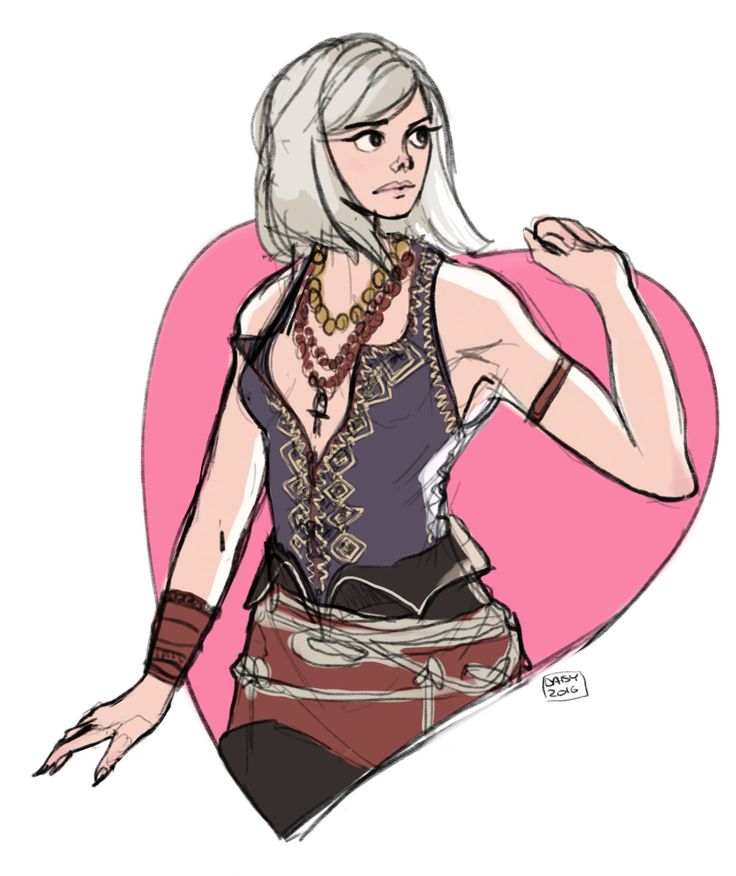
Humorous and creative, Jaskier seems to be able to concoct a tune wherever he goes with. In typical ENFP fashion, he has a spontaneous creativity that flows forth without any seeming effort. Outgoing, witty, and flirtatious, he keeps the Witcher from becoming too heavy and keeps Geralt from taking himself too seriously. Jaskier may seem irresponsible, but he cares about his friends and will go to any lengths to help them – even if it means risking his life.
Geralt of Rivia “The Witcher” – ISTPPrivate yet dedicated, Geralt knows how to handle emergency situations with tactical prowess and speed. Like most ISTPs, he keeps his feelings close to the chest, but also like most ISTPs, his stoic demeanor hides a softer interior. Geralt will do nearly anything to protect his loved ones, even if it means putting his life on the line. He quickly adapts to his environment, and is skilled with the use of tools or nearby objects to circumvent attacks from the monsters he fights.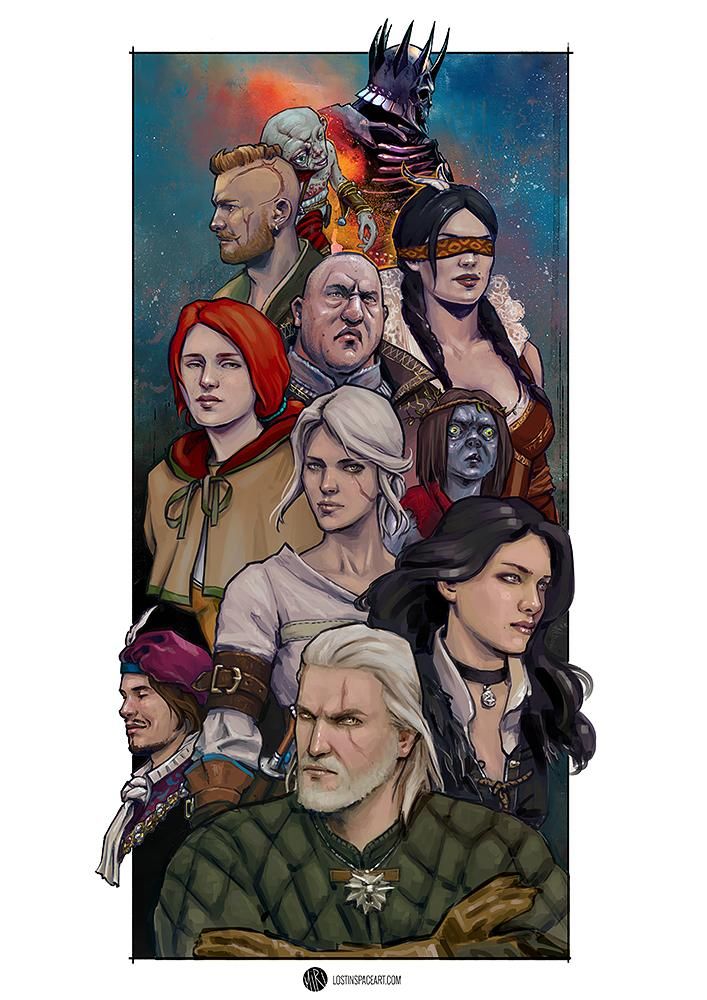 Clever, grounded, and analytical, he does what it takes to maintain his freedom while protecting the world from evil.
Clever, grounded, and analytical, he does what it takes to maintain his freedom while protecting the world from evil.
Wise and insightful, Nenneke enjoys helping others with their problems and giving guidance. As the priestess of the Temple of Melitele, she’s seen as a motherly yet stern figure. People naturally respect her and come to her for support, healing, and discernment. An egalitarian figure, she stands up for what she believes in; even going so far as to take a stand against the policies enforced by the Order of the White Rose. She insisted that her temple could be used as a place to heal refugees from Cintra, including elves.
Vesemir – ESTPLively and quick for his age, Vesemir is the oldest and most experienced witcher at Kaer Morhen. While he’s known to complain about his weary bones and joints, he’s also a fierce combatant and a protective guide for other witchers. Because there wasn’t a lot of information about Vesemir in the Netflix series, I did read up on his character from the game.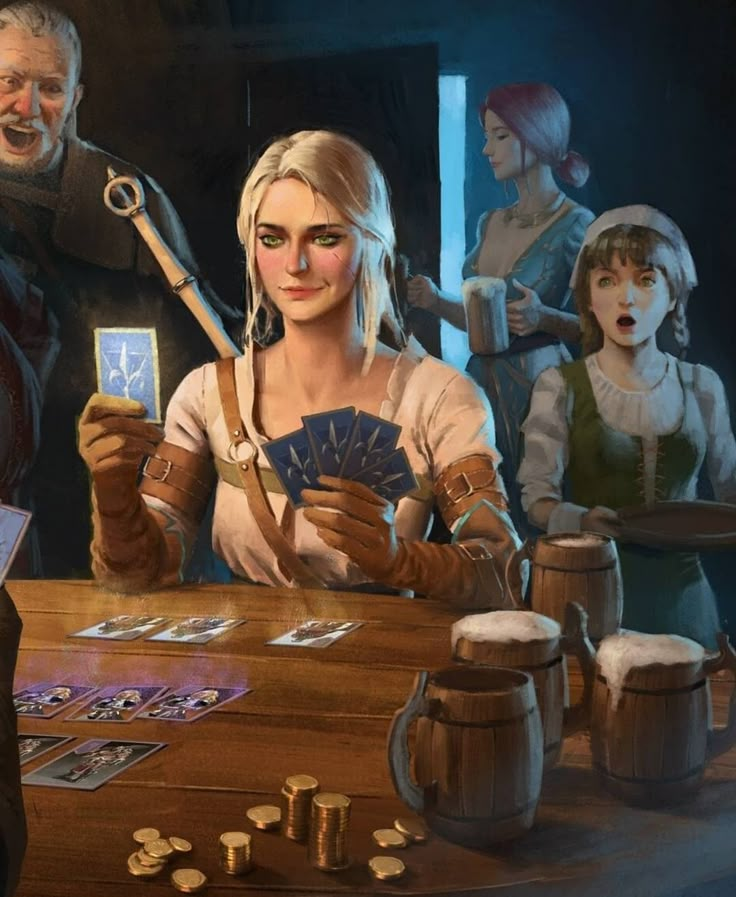 Vesemir was an opportunistic witcher, with no problem taking risks and fighting monsters on the road. Unlike a judging type, Vesemir didn’t mind not having a steady home or a stable, consistent life. He enjoyed the sense of adventure that came from living on his own and never knowing what to expect. As he got older, he became more responsible with his decisions and developed a more fatherly side to himself. But he still maintaned the humor, liveliness, and in-the-moment wit that ESTPs are famous for.
Vesemir was an opportunistic witcher, with no problem taking risks and fighting monsters on the road. Unlike a judging type, Vesemir didn’t mind not having a steady home or a stable, consistent life. He enjoyed the sense of adventure that came from living on his own and never knowing what to expect. As he got older, he became more responsible with his decisions and developed a more fatherly side to himself. But he still maintaned the humor, liveliness, and in-the-moment wit that ESTPs are famous for.
Did you enjoy this article? Do you have any thoughts or insights into the characters and their typings? Let us (and other readers) know in the comments!
Want to Master the Art of People-Reading & Harness Your Personality Powers?Whether you’re trying to identify your strengths, enjoy a better relationship with your partner, or experience less stress, knowledge of personality type is a powerful tool for self-understanding and connection with others.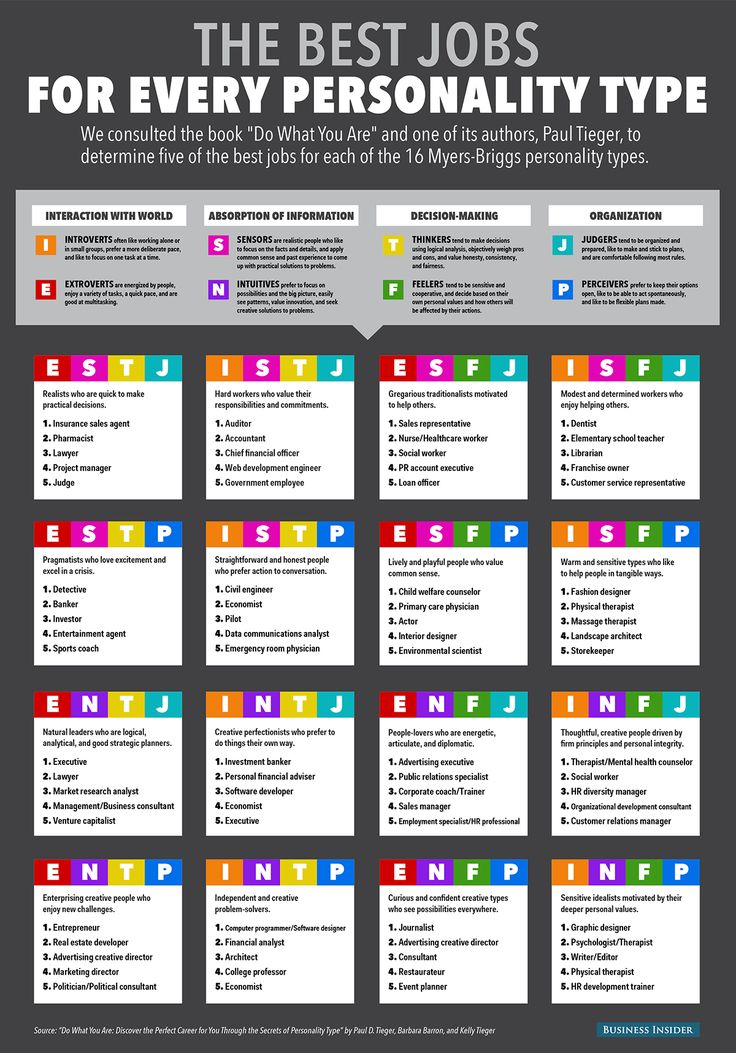 MBTI® certified practitioner and Psychology Junkie founder Susan Storm has spent over a decade coaching individuals and writing about personality type. She can give you insight into how your mind works, how to harness your natural gifts, and how to have more effective relationships with the diverse people in your life.
MBTI® certified practitioner and Psychology Junkie founder Susan Storm has spent over a decade coaching individuals and writing about personality type. She can give you insight into how your mind works, how to harness your natural gifts, and how to have more effective relationships with the diverse people in your life.
Want to take the first step to a fuller understanding of yourself and the people you love? Discovering You: Unlocking the Power of Personality Type provides in-depth, empowering, and applicable knowledge about how your mind works (as well as all 16 types in the Myers-Briggs® system).
You can also take a deep dive into one specific personality with these three books:
The INFJ: Understanding the Mystic
The INFP: Understanding the Dreamer
The INTJ: Understanding the Strategist
Want to Book a One-on-One Type Consultation with Me?
Not sure of your personality type? I can help you! As the founder of Psychology Junkie and an MBTI® practitioner I’ve spent over seven years helping people discover their true personality type.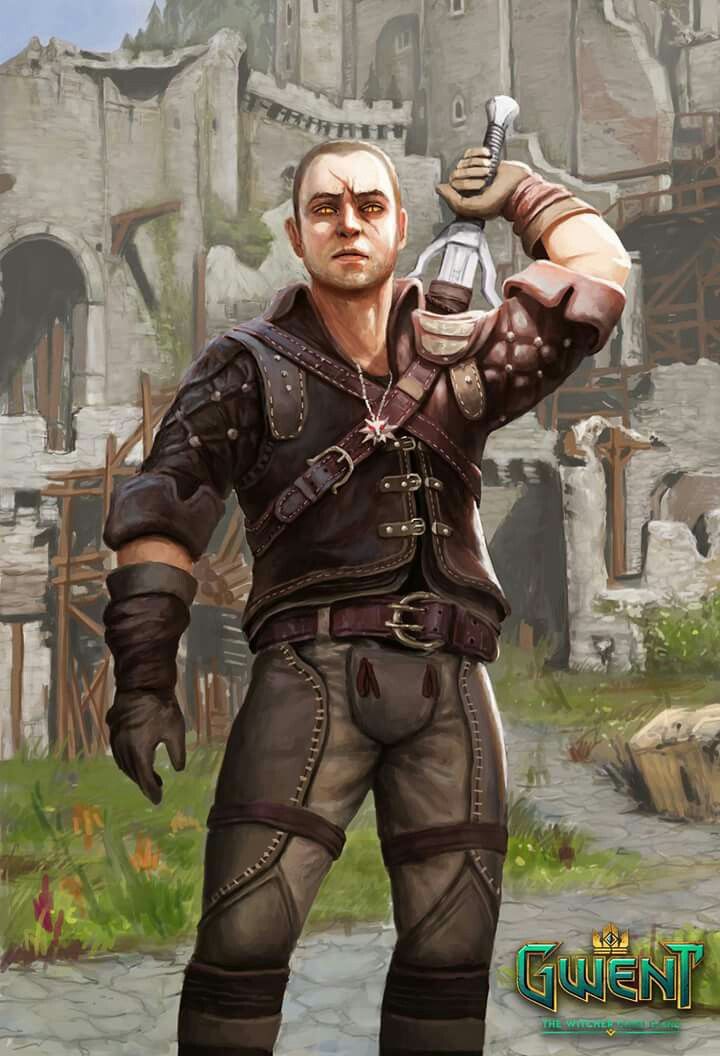 Use the scheduler below to book a session with me!
Use the scheduler below to book a session with me!
- More
MBTI® Of All Main Characters
There are plenty of ways to get to know a character. But one of the more interesting tests used on real-life people is the Myers-Briggs test. While its psychological validity may be disputed, the test still offers an interesting way of viewing personality. It grades people on dichotomies of Introvert or Extrovert, Sensing or Intuitive, Thinking or Feeling, and Judging or Perceiving.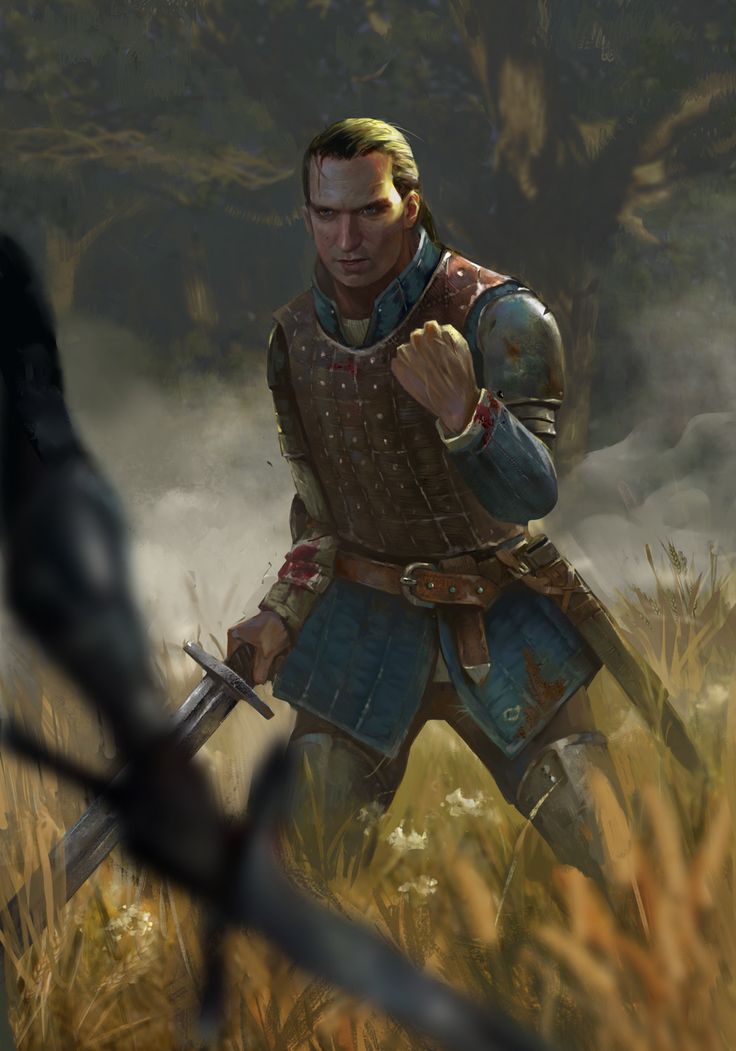
RELATED: HBO's Watchmen: MBTI Of The Main Characters
So what about the personalities of The Witcher characters? Where do they fall among the sixteen Myers-Briggs types based on their actions in season 1? Here are the types of the main characters and how they've shown them in the first season.
Tissaia De Vries: ISTJ
Tissaia fits into the ISTJ type, sometimes referred to as the "Logistician." In many of her scenes, viewers can see her think things through silently like an introvert. She falls into the sensing category because she's more concerned with the tangible and practical than the conceptual; she's not worried about defending Cintra's rejection of the Brotherhood, she's focused on the long-reaching ramifications of a Nilfgaard invasion.
She gets into the thinking as opposed to the feeling box when she responds to Yennefer's emotional trauma by basically telling her to suck it up and go to class. And she's more of a judge than a perceiver because she clings to structure and tradition, as demonstrated by her investment in the Brotherhood.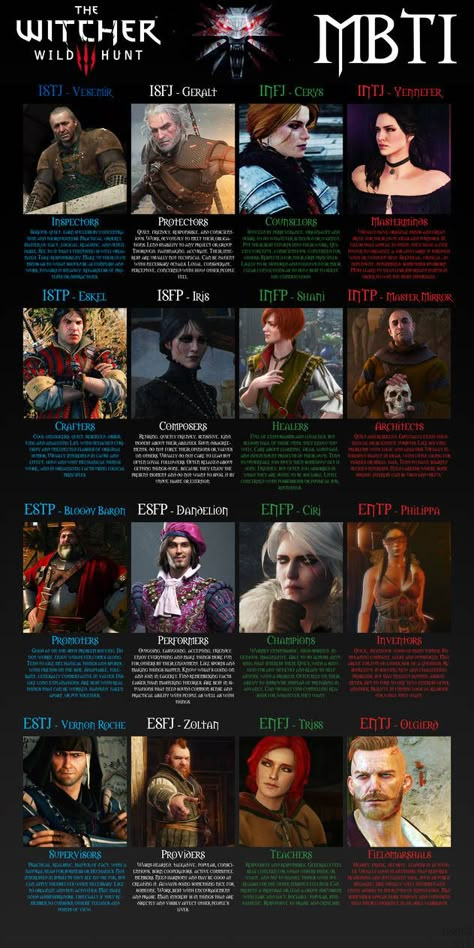
Fringilla: INTJ
Fringilla may have undergone a serious personality change from her schooling days, but some things stay the same. She never seems to be particularly extroverted, for one. But her interest in the White Flame suggests that she is very interested in abstract things rather than tangible ones since she's focused on an ideal of some kind, which puts her in the intuitive category.
RELATED: The Witcher: The Worst Thing Every Character Has Done
Her new pursuit also shows that she's more thinking than feeling type since she obviously doesn't care about the new mages she sacrifices to do magic. Still, she's more judger than perceiver because the White Flame is some kind of order, even if it's ordered differently than the Brotherhood. She clearly values structure.
Mousesack: ENTP
Mousesack's gregarious nature instantly labels him as an extrovert. He gives Geralt an embarrassingly warm welcome at Pavetta's wedding banquet, for one.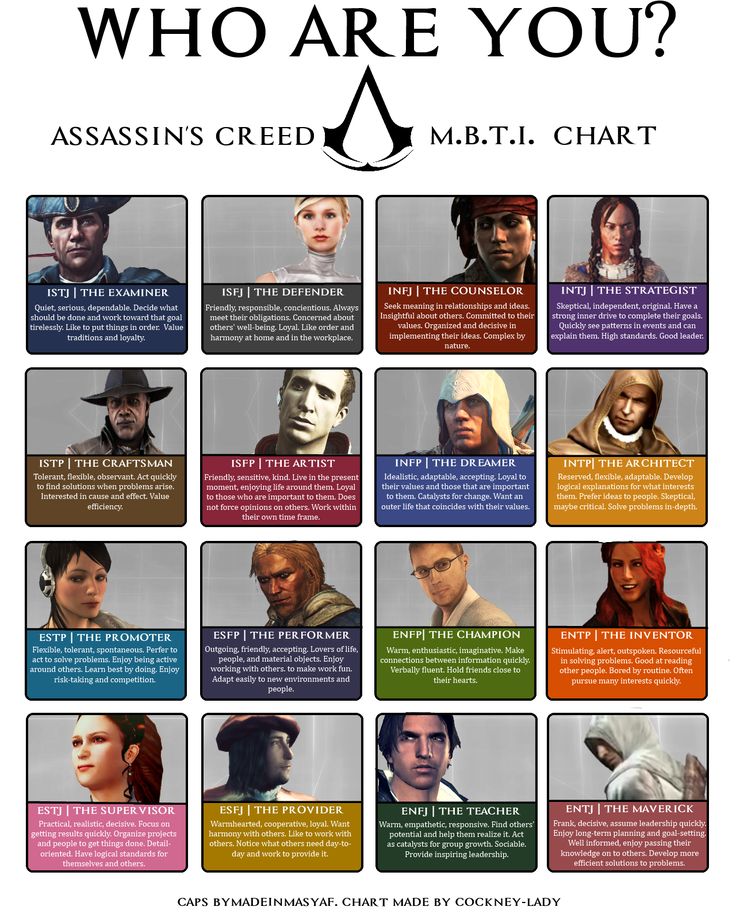 He's intuitive in the sense that he sees patterns, including the pattern of destiny at work in Geralt's life.
He's intuitive in the sense that he sees patterns, including the pattern of destiny at work in Geralt's life.
While he does seem to consider the feelings of others in making his decisions, it seems as though his moves are more practically calculated. He tries encouraging Geralt to accept his surprise, but when it's clear that he won't cooperate, Mousesack strategically decides to focus on the child and her mother instead. And he seems to be a perceiver because he adapts to the situation rather than expecting the rules to guide things in the right direction.
Calanthe: ESTP
Calanthe is proud to own the room when she walks into it. She'll also give everyone a piece of her mind, including a Nilfgaardian prince she wants to knock down a peg. She doesn't show any real interest in the more abstract things in life, and is instead focused on the tangible; she says she'll worry about her enemies when she can smell them on a strong breeze.
Yet despite her passion, she's more of a thinker than a feeler, because she doesn't consider people's feelings in her decisions.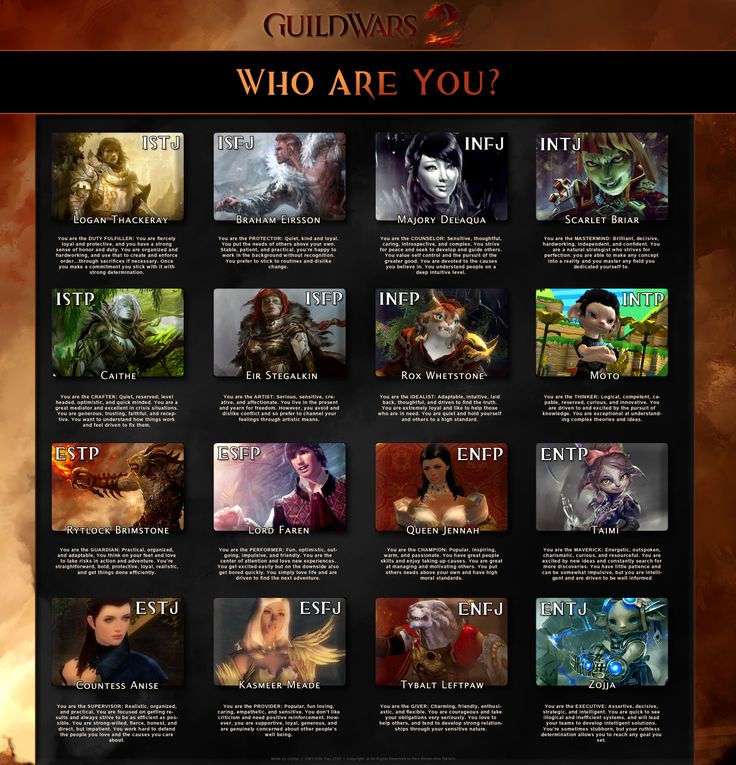 She makes that obvious just by having Pavetta's wedding feast at all. And her disdain for male tradition has her leaning toward the perceiving category, even if she does cater to tradition.
She makes that obvious just by having Pavetta's wedding feast at all. And her disdain for male tradition has her leaning toward the perceiving category, even if she does cater to tradition.
Dara: ISFJ
Dara immediately strikes the viewer as an introverted person. Part of this is the silence he enforces just for safety, but even after Ciri knows he's an elf, he's still not particularly extroverted. He demonstrates that he's more sensing than intuitive when he tries to convince Ciri not to leave the forest, and when he starts poking holes in the doppler's story about Mousesack.
When he chooses to prevent Ciri from eating poisoned berries, he shows his consideration for other people. And he does it again when he leaves Brokilon forest with her against his better judgment, which shows he's more a feeler than a thinker. It's a little unclear whether he's more judging or perceiving, but he seems to lean toward judging in his desire for structure, like that of Brokilon forest.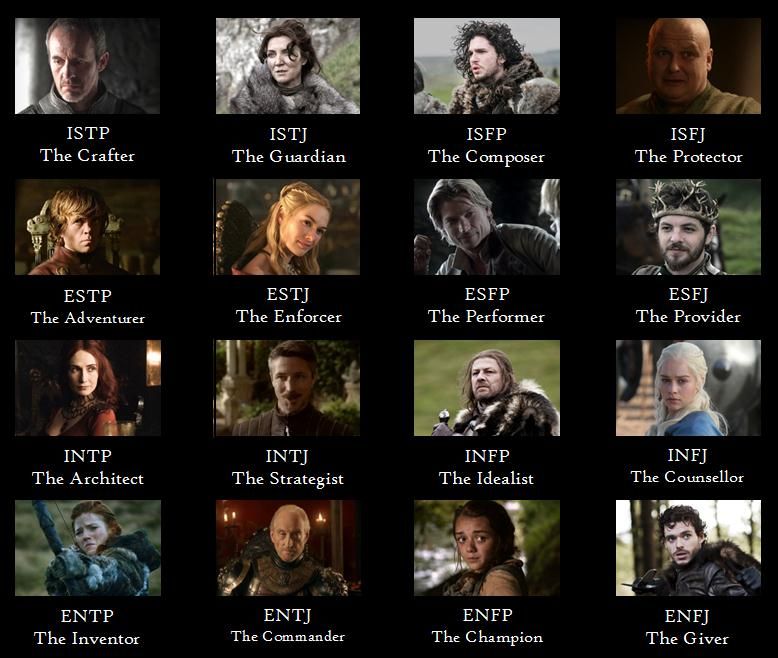
Stregobor: INTP
Stregobor is somewhat of an evil genius. He got a little too excited about the prospective autopsy on Renfri, for starters. His complete disregard for the feelings of others sticks him firmly under thinking rather than feeling. He tends to process things in his own head, though it's easy for the viewer to see the wheels turning. And he's far more interested in abstract patterns than what's in front of him.
Again, he was way more interested in the prophecy and pattern of the eclipse-born girls than in the fact he was killing them. That puts him in the intuitive box. He makes into the perceiver category because he wants to be flexible and follow his academic interests, feeling that the structure of the Brotherhood may just get in the way.
Jaskier: ENFP
No one could mistake Jaskier for an introvert. The bard's first lines are sung in a performance for a crowd, and after that Geralt can't get him to shut up. He leans toward the intuitive side because he's less interested in what he sees in tangible things and more in big ideas; he doesn't care that there was no battle, he's going to sing about how Geralt took on a whole army of big bad elves because it makes for a better song.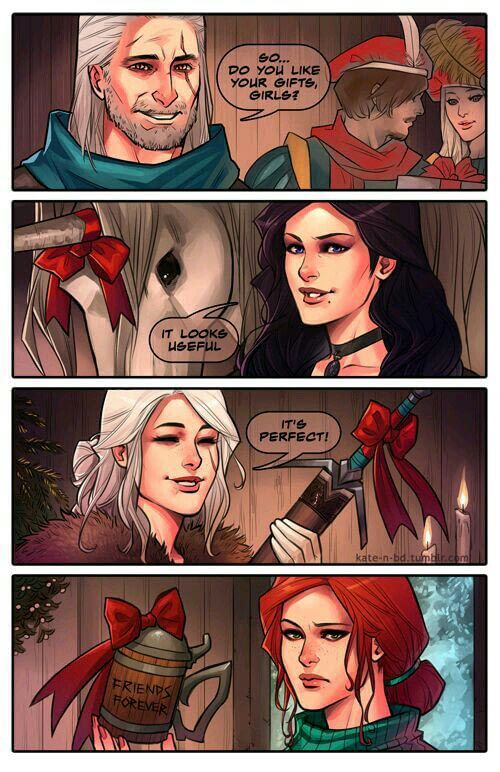
RELATED: 10 Best Comedic Scenes In The Witcher Season One
There's also no question that Jaskier does not make practical decisions. He makes them based on his feelings, or he wouldn't be climbing up dragon-inhabited mountains with his buddy. His adaptability to various situations (including scary sexy witches) shows he's more a perceiver than a judge.
Yennefer: ENTP
No longer a wallflower to be sure, Yennefer is an extrovert who speaks her mind. Her focus on dreams of power and legacy swing her to the intuitive side of the spectrum rather than the sensing side. When she discovers she has the opportunity to learn magic, she's all about the possibilities of being really, really good at it.
She has some volatile pent-up emotions, but for the MBTI® she's actually a thinker rather than a feeler. She doesn't make her decisions based on values or people; she states in “Bottled Appetites” that “Nobody smart plays fair.” And Yennefer's disdain for structures like the Brotherhood and for routine put her in the perceiving category.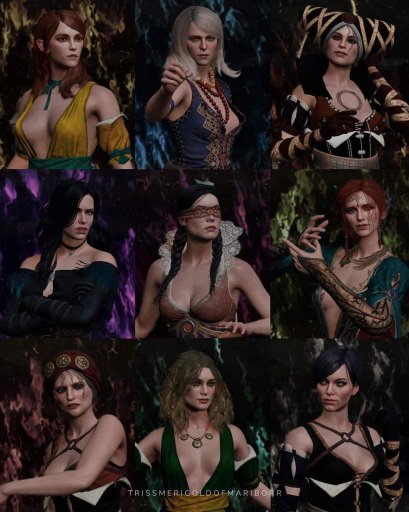
Cirilla: INFP
Cirilla's mostly quiet and reserved nature pegs her as an introvert. But it's less clear if she's more intuitive or sensing. She seems more intuitive in her curiosity about the possibilities, including who Geralt is and why she has to find him.
It's far more clear that she makes decisions with consideration for those she cares about, and for her personal values; she chooses to seek out Geralt largely because her grandmother told her to on her deathbed. And she offers Dara a glove after he saves her from eating poison berries and feeds her. She doesn't seem to particularly like the structure of her royal life, but she does seem to adapt quickly to life on the run, which puts her in the perceiving group.
Geralt: ISTP
With his primary conversational skills being grunts, a swear word and throwing shade when pressed, Geralt is the embodiment of introversion. His attention to practical details also puts him in the sensing category.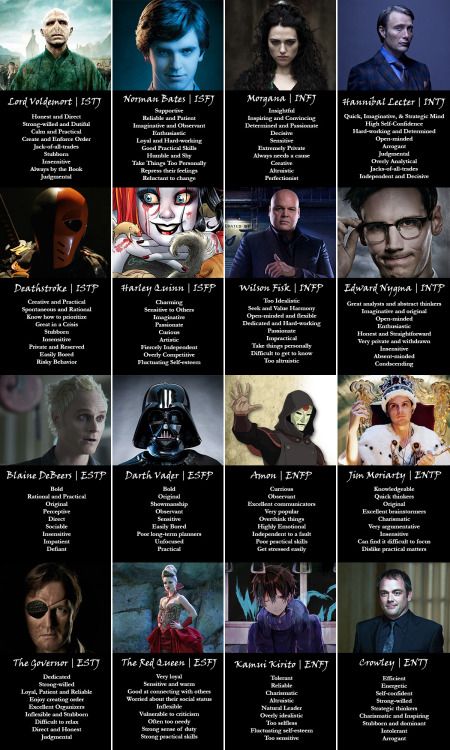 He notices the hole in Stregobor's story when he says "internal" mutations, and picks up on the nasty smell on the bed of Foltest's sister.
He notices the hole in Stregobor's story when he says "internal" mutations, and picks up on the nasty smell on the bed of Foltest's sister.
He's probably an even balance between thinking and feeling since he does seem to make emotional decisions to go save people. Yet even then, he does seem to think it through and go about it the smart way if possible. He lives a completely unstructured life hunting monsters and not knowing where he'll find them, so he clearly has the adaptability of a perceiver.
NEXT: Netflix's The Witcher: 10 Most Selfless Things Geralt Did
All characters in Netflix's The Witcher hate Dandelion - Movies & TV shows on DTF
12,860 views
Buttercup is very upset
Hello DTF! This is my first post here, don't judge too harshly.
I watched Netflix's The Witcher twice and was embarrassed by a lot of the details, but what pissed me off the most was how they did Dandelion. The famous bard and the storm of women's hearts have been turned into a loser clown, who is mocked and mocked by everyone around. Almost every appearance of Buttercup in the frame creates a comical situation. Everyone makes fun of him, from the peasants to Yennefer. Kmets in the tavern, dissatisfied with his singing, throw food at him (too wasteful handling of food for poor half-starved peasants). Queen Calanthe calls his songs boring, and the Zerrikan warriors, companions of Borch Three Jackdaws, turn up their noses at his awkward advances. Even Geralt in one of the episodes almost directly calls Buttercup a useless companion. But it was the bard who sang the exploits of the witcher in his ballads and spread the fame of the White Wolf throughout the continent. Well, the scene where Geralt, angry at breaking up with Yennefer, takes out his anger on Buttercup and drives him away, actually broke my heart.
Almost every appearance of Buttercup in the frame creates a comical situation. Everyone makes fun of him, from the peasants to Yennefer. Kmets in the tavern, dissatisfied with his singing, throw food at him (too wasteful handling of food for poor half-starved peasants). Queen Calanthe calls his songs boring, and the Zerrikan warriors, companions of Borch Three Jackdaws, turn up their noses at his awkward advances. Even Geralt in one of the episodes almost directly calls Buttercup a useless companion. But it was the bard who sang the exploits of the witcher in his ballads and spread the fame of the White Wolf throughout the continent. Well, the scene where Geralt, angry at breaking up with Yennefer, takes out his anger on Buttercup and drives him away, actually broke my heart.
You are wrong now, Geralt... The Witcher series 2019
Buttercup is doubly a shame also because this is one of the few really well-played characters in the series. Thank you British actor Joey Batey for this.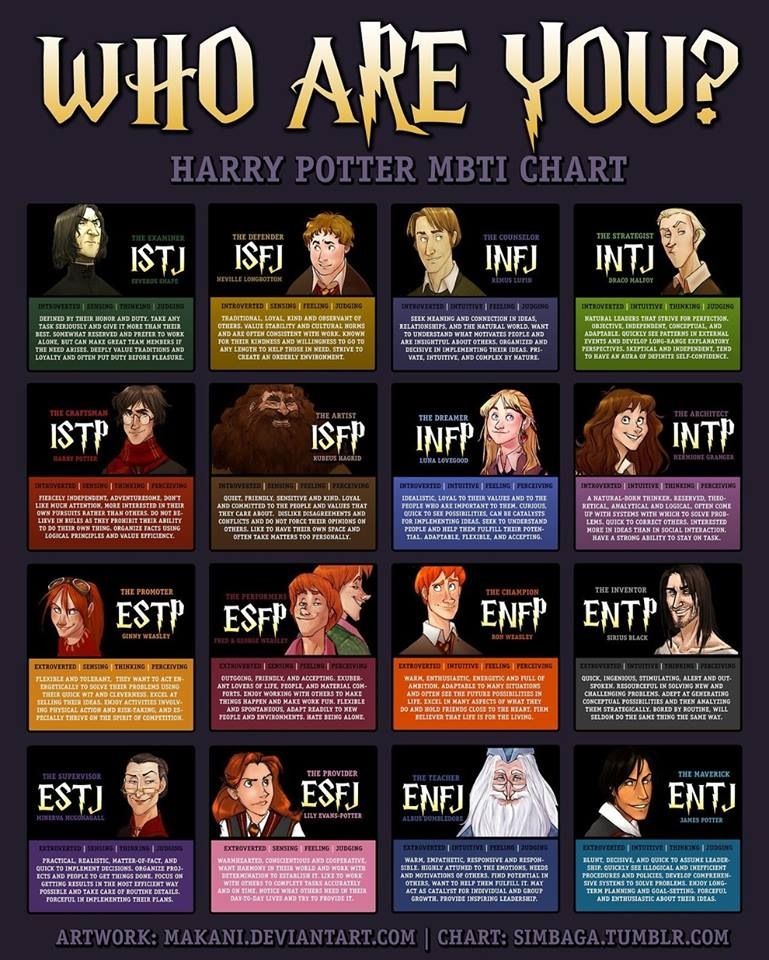 Prokhor Chekhovsky, who voiced Buttercup in the Russian dubbing, also deserved special thanks. He has an even more melodic and sonorous voice than the original.
Prokhor Chekhovsky, who voiced Buttercup in the Russian dubbing, also deserved special thanks. He has an even more melodic and sonorous voice than the original.
Geralt and Dandelion's relationship is very reminiscent of Xena and Gabrielle from Xena: Warrior Princess. Gabrielle also played the role of a comically unlucky companion, but she was a useful companion and an important character for the plot, and not a pea jester. Dandelion, on the other hand, looks like an absolutely useless, pathetic, helpless, infantile fool, it is not clear how he survives in this cruel and dangerous medieval fantasy world. The bard from The Witcher is more like a cowardly clumsy warrior Joxer from Xena. But he was not so flat and caricatured character and in different episodes showed different qualities of character.
Why did Netflix do this to Buttercup? Is it possible that the screenwriter and showrunner of the series Lauren Hissrich could not show the comedy of the character without going to extremes and outright mockery of the hero? I think she did it on purpose so as not to burden viewers with additional details in a dense and confusing narrative.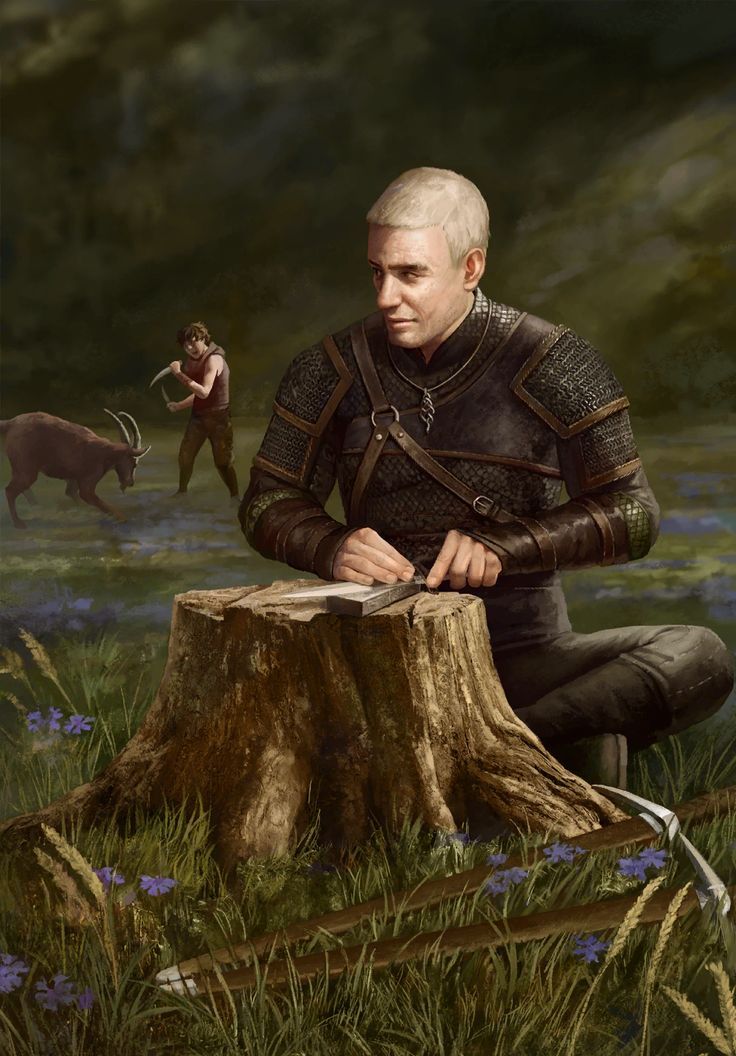 I hope that in the second season, instead of a cartoonish fool, we will see a more multifaceted personality of Buttercup.
I hope that in the second season, instead of a cartoonish fool, we will see a more multifaceted personality of Buttercup.
In the Netflix series, absolutely everyone hates Buttercup
"You're wrong now," Dandelion says, frustrated, to the witcher chasing him away. This phrase sounds like a reproach not only to Geralt, but also to the screenwriter of the series. You're wrong, Lauren! You're wrong, Netflix! (Sorry! [Kadyrov.jpg])
P.S. I recently started a YouTube channel with humorous music videos for The Witcher and more. I will be glad to see subscribers 😉. The video in this article is also mine.
Netflix presented the anime series Onimusha // Watching
Netflix presented the anime series Onimusha // Watching-
Profile
September 27, 2022, 15:30
- HBO celebrated The Last of Us Day with a teaser trailer for a series based on the game.